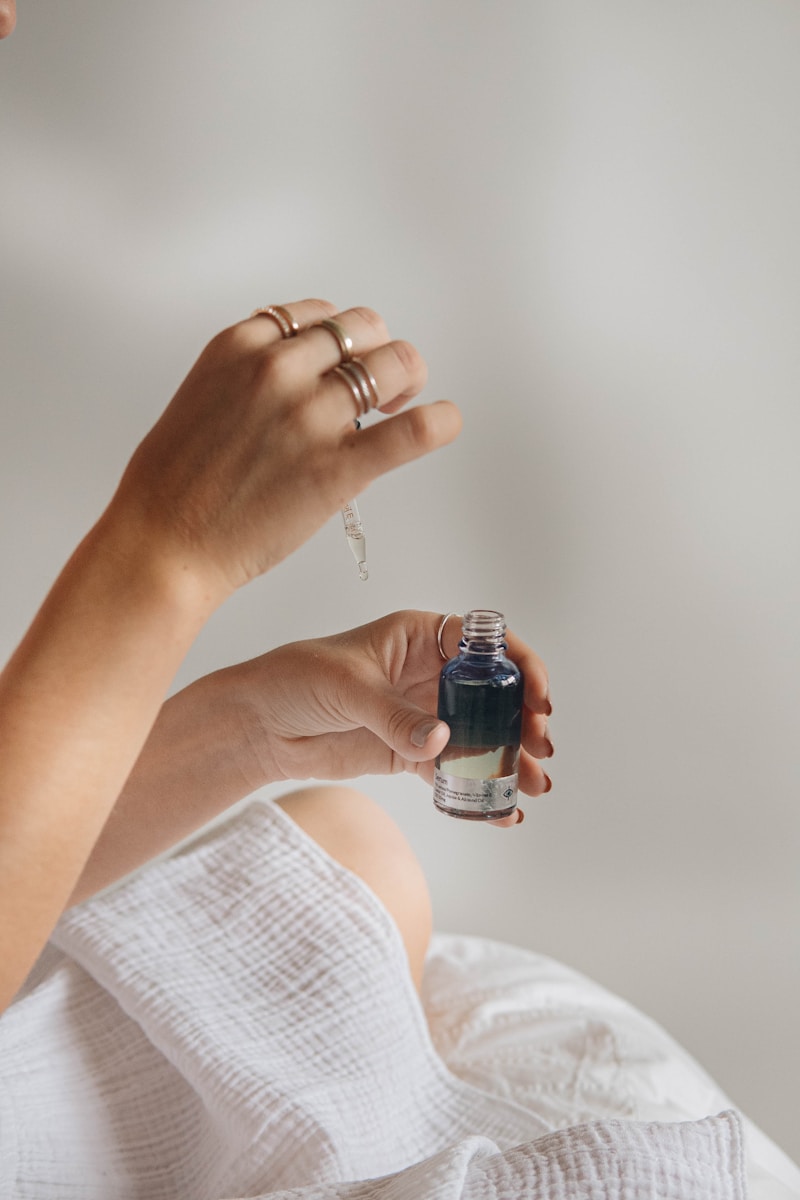
The Ultimate Guide to Acne Skin Care: Tips for Clear and Radiant Skin
When it comes to skin issues, acne tops the list as one of the most common and bothersome conditions. It’s characterized by pimples, blackheads, whiteheads, redness, and sometimes painful cysts. While it may seem like a minor problem, acne can have a significant impact on your appearance and self-esteem. In this comprehensive guide, we will delve into the world of “Acne skin care” to help you achieve clear, radiant skin.
Table of Contents
Understanding Acne
Acne is a skin condition that affects the hair follicles and oil glands. It often manifests as unsightly blemishes on the face and body. To effectively tackle acne, it’s essential to adopt a proactive approach to skin care rather than reacting to breakouts as they occur.
The Basics of Acne Skin Care
1. Prioritize Cleanliness
Maintaining clean skin is the foundation of effective acne skin care. Start your day with a refreshing morning shower to remove sweat and oil buildup. Nighttime showers are also beneficial, as they not only cleanse your skin but also promote relaxation and quality sleep. If you live in a hot and humid climate, a nightly shower becomes essential to prevent acne caused by excessive sweating. Remember, cleanliness is the first step to healthy skin.
2. Choose the Right Clothing
The clothes you wear can significantly impact your skin’s health. Opt for soft and breathable cotton fabrics, especially if you’re prone to acne. Tight-fitting clothes can trap sweat, leading to clogged pores and breakouts. Regularly launder your clothes to ensure they remain clean and free from acne-causing bacteria.
3. Maintain Clean Accessories
Don’t forget about the tools and accessories that come into contact with your skin. Regularly clean your makeup brushes, sponges, and any equipment you use on your body. This practice helps prevent the transfer of bacteria and contaminants to your skin.
The Cleansing Ritual
4. Gentle Cleansing
Cleansing is the cornerstone of any successful acne skin care routine. Use a mild, water-soluble, oil-free, and soap-free cleanser to wash your face, neck, and arms. Cleansers effectively remove dirt, grease, pollutants, and excess oil, reducing the likelihood of acne development.
5. Remove Makeup Before Bed
For those who wear makeup, it’s crucial to remove it before bedtime. Use a makeup remover that suits your skin type to ensure all makeup is thoroughly eliminated. Sleeping with makeup on can clog pores and exacerbate acne.
Dealing with Existing Acne
6. Hands Off
Resist the urge to touch or squeeze acne blemishes. Doing so can lead to permanent scarring and worsen inflammation. Instead, practice gentle cleansing and avoid picking at your skin.
7. Over-the-Counter Solutions
Over-the-counter acne products, such as creams and lotions, can be effective in managing mild to moderate acne. Many of these products also act as cleansers and help prevent further breakouts.
8. Consult a Dermatologist
If your acne persists despite your best efforts, don’t hesitate to seek professional advice from a dermatologist. They can provide personalized guidance and recommend suitable treatments to address your specific skin concerns.
Conclusion
Acne skin care is not just about reacting to breakouts; it’s a proactive approach to maintaining clear and healthy skin. By following a consistent cleansing routine, choosing the right clothing, and avoiding common mistakes like sleeping with makeup on, you can significantly reduce the occurrence of acne. Remember, for more severe cases, consult a dermatologist for expert guidance.
FAQs
1. What causes acne?
Acne is primarily caused by the overproduction of oil, clogged pores, and the presence of bacteria on the skin. Hormonal changes, genetics, and certain medications can also contribute to acne development.
2. Are there any natural remedies for acne?
Some natural remedies, such as tea tree oil and aloe vera, may help alleviate acne symptoms. However, it’s essential to consult with a dermatologist before using any alternative treatments.
3. How long does it take to see results from acne treatments?
The timeline for acne improvement varies from person to person and depends on the severity of the condition. It may take several weeks or even months to see noticeable results with consistent treatment.
4. Can diet influence acne?
While there is some evidence to suggest that diet can impact acne, it’s not the sole cause. A balanced diet rich in fruits, vegetables, and whole grains can contribute to overall skin health.
5. Are there any side effects associated with acne medications?
Some acne medications may have side effects, including dryness, peeling, and increased sensitivity to sunlight. It’s essential to follow your dermatologist’s instructions and report any adverse reactions promptly.






